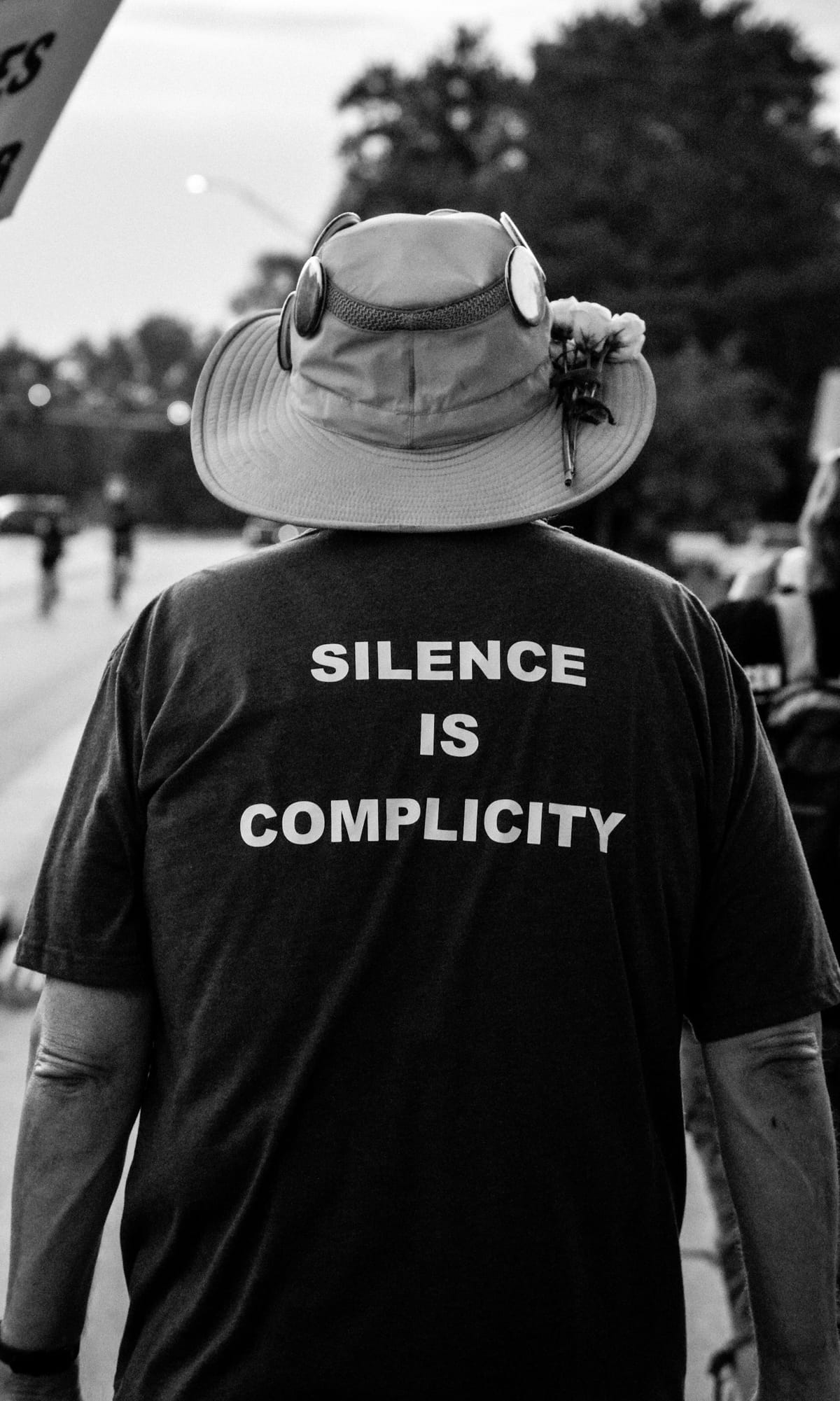Stewardship, Community Development, and the Pursuit of Social Justice

In an era marked by rapid change and increasing disparities, the concept of stewardship emerges as a beacon of hope in the realm of community development. Stewardship, at its core, embodies the responsible management of resources, relationships, and environments for the benefit of current and future generations. This principle is intricately linked to the pursuit of social justice, as it compels us to consider not only our immediate surroundings but also the broader implications of our actions on marginalized communities. This article aims to explore the multifaceted nature of stewardship, its role in fostering community development, and its profound implications for social justice.
The Concept of Stewardship
Stewardship can be defined as the careful and responsible management of something entrusted to one’s care. Key characteristics of stewardship include accountability, sustainability, and a commitment to the common good. Historically, stewardship practices have evolved from traditional land management and conservation efforts to encompass a broader spectrum of social, economic, and environmental responsibilities. The ethical dimensions of stewardship are particularly significant; they challenge us to reflect on our obligations to others and the planet, urging us to act with integrity and foresight.
Community Development Through Stewardship
Stewardship plays a pivotal role in sustainable community practices, serving as a guiding principle for initiatives that seek to enhance the quality of life for all residents. Environmental stewardship, for instance, emphasizes the importance of preserving natural resources and promoting ecological health, which in turn fosters community resilience. Economic stewardship focuses on supporting local businesses and creating equitable economic opportunities, ensuring that the benefits of development are shared widely.
Consider the case of urban gardening initiatives, which not only provide fresh produce to food deserts but also empower communities to reclaim their agency over food systems. Similarly, community land trusts exemplify how stewardship can promote housing equity by allowing communities to collectively own and manage land, thereby preventing displacement and fostering stability.
Social Justice Implications of Stewardship
The implications of stewardship extend deeply into the realm of social justice. By addressing systemic inequalities, stewardship practices can help dismantle barriers that prevent marginalized communities from accessing essential resources and opportunities. This is particularly evident in advocacy efforts that prioritize the voices of those who have historically been silenced.
Participatory stewardship is crucial in this context, as it emphasizes the importance of engaging diverse voices in decision-making processes. By building coalitions that include a wide range of stakeholders, communities can work collaboratively towards social change, ensuring that all perspectives are considered and valued.
Challenges and Opportunities
Despite its potential, effective stewardship in community development faces several challenges. Funding and resource limitations often hinder the ability of organizations to implement sustainable practices. Additionally, resistance to change and community apathy can stifle progress, making it difficult to mobilize collective action.
However, these challenges also present opportunities for growth and collaboration. Partnerships between organizations and communities can amplify efforts, pooling resources and expertise to create more impactful initiatives. Furthermore, leveraging technology for outreach and engagement can enhance participation, allowing for broader community involvement in stewardship efforts.
Stewardship is a vital component of community development that holds the promise of advancing social justice. By fostering responsible management of resources and advocating for equitable practices, stewardship can help bridge the gaps that divide us. As we reflect on the ongoing need for stewardship in our communities, let us be encouraged to engage actively in these efforts, recognizing that each of us has a role to play in shaping a more just and sustainable future. Through our collective commitment to stewardship, we can create a legacy of care and responsibility that transcends generations.




